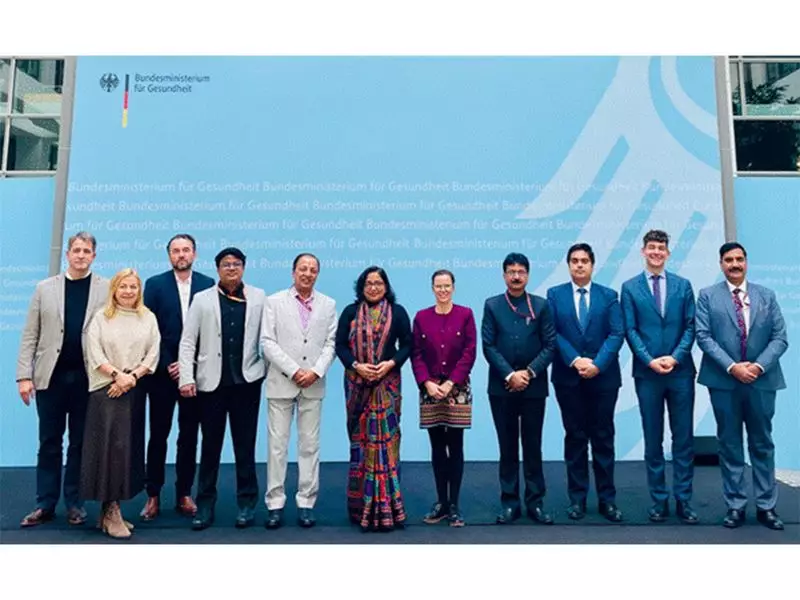
India and Germany have taken significant strides in strengthening their cooperation in the field of traditional medicine during a high-level meeting in Berlin. The Joint Working Group meeting on traditional medicine marked a pivotal moment in bilateral healthcare collaboration between the two nations.
Strengthening Bilateral Ties in Healthcare
The meeting, held in Germany's capital city, brought together key officials from both countries to discuss enhanced cooperation in traditional medicine systems. The Indian delegation was led by Rajesh Kotecha, Secretary of the Ministry of AYUSH, while the German side was represented by prominent officials from their Federal Ministry of Health.
This collaborative effort focuses on integrating India's rich heritage of traditional healing systems with Germany's advanced healthcare infrastructure. The partnership aims to create a comprehensive framework for research, education, and practice of traditional medicine in both countries.
Key Discussion Points and Agreements
During the productive discussions, several important areas of cooperation were identified and strengthened. The working group emphasized the need for standardization and quality control measures for traditional medicine products, ensuring they meet international safety and efficacy standards.
Both nations agreed to enhance academic and research collaborations between their respective institutions. This includes student and faculty exchange programs, joint research projects, and sharing of best practices in traditional medicine education. The meeting also explored possibilities for integrating traditional medicine into mainstream healthcare systems in both countries.
Another significant outcome was the agreement to work on regulatory harmonization, which would facilitate the smooth exchange of traditional medicine products and knowledge between India and Germany.
Future Prospects and Global Impact
The strengthened India-Germany partnership in traditional medicine represents a significant step toward global acceptance and integration of alternative healing systems. This collaboration is expected to create new opportunities for research and development in traditional medicine formulations and treatment protocols.
The joint initiative aims to establish a robust framework for evidence-based research that can validate the efficacy of traditional medicine practices. This scientific validation is crucial for gaining wider acceptance in international healthcare communities and regulatory bodies.
Both countries expressed commitment to continuing this productive dialogue and implementing the agreed-upon action points. The successful meeting in Berlin has set the stage for deeper cooperation that could potentially benefit healthcare systems worldwide through the integration of traditional and modern medical practices.
The collaboration between India and Germany in traditional medicine not only strengthens bilateral relations but also contributes to the global movement toward holistic and integrated healthcare solutions. This partnership serves as a model for international cooperation in preserving and promoting traditional healing systems while ensuring scientific validation and quality assurance.






